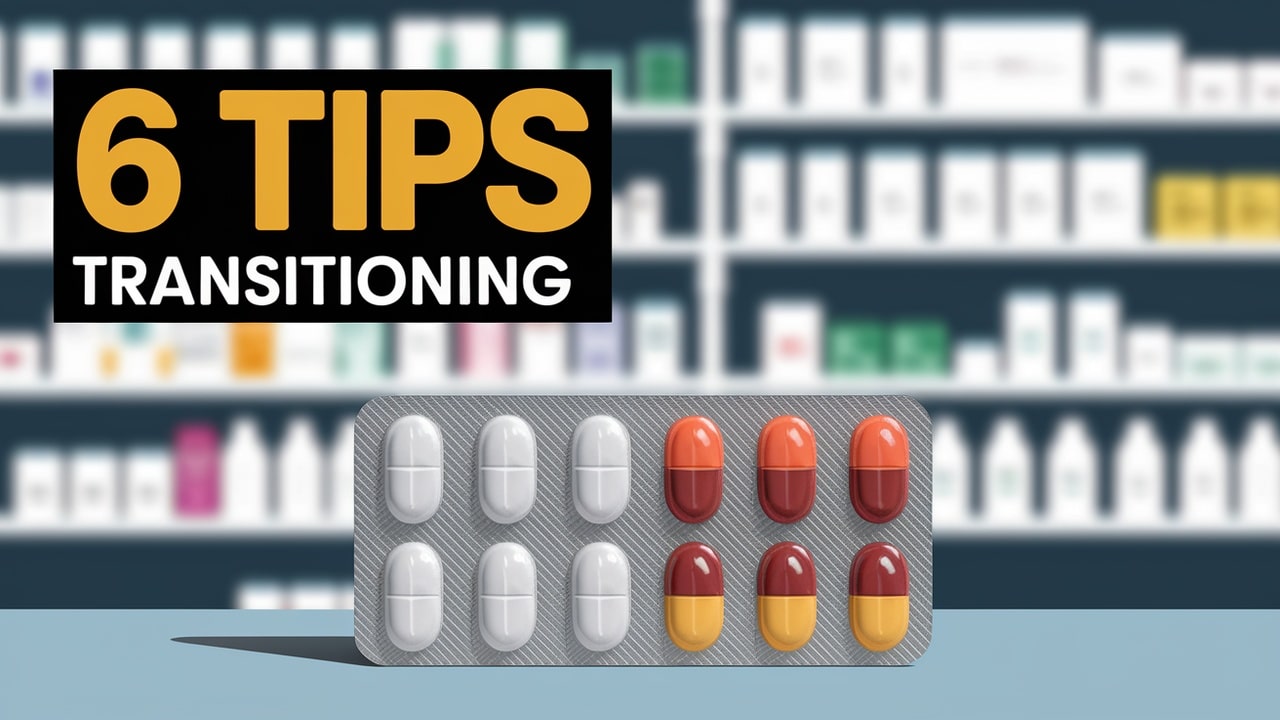
8 Tips to Prepare For an Upper Endoscopy
You may have many questions when your doctor tells you you need an upper endoscopy. Preparation is essential to ensure this procedure goes as smoothly as possible.
No matter if you are getting the procedure for gastrointestinal symptoms like acid reflux pain, nausea, cramping, or bloating, there is sure to be anxiety around it. Here are eight tips to prepare for an upper endoscopy.
Table of Contents
What Is an Upper Endoscopy?
There are a couple of different types of endoscopy. The upper gastrointestinal endoscopy is when your doctor places a long, flexible tube down your throat and into the esophagus. A tiny camera on the end of the endoscope lets them examine the esophagus and the beginning of the small interesting to address the issues you may be dealing with.
Why Do I Need an Endoscopy?
Endoscopies let doctors examine an organ without making incisions — a screen in the room transmits a feed of what’s in the organ from the attached camera. Typically you will need one for the following:
- Doctors to determine the reason for symptoms.
- To remove sample tissue for further testing — or an endoscopic biopsy.
- To help doctors see inside the body when surgical producers are necessary.
Endoscopy Prep Tips
Preparing for an upper endoscopy is crucial, so your procedure goes smoothly. Your doctor should provide specific tips to prepare, but there are things to know about what to do.
1. Don’t Eat or Drink
You shouldn’t eat or drink anything the night before your endoscopy, including gum and mints. You typically can have clear liquid up to six hours before if it’s in the afternoon. Talk to your doctor, but water, coffee, apple juice, clear soda and broth should be fine.
2. Discuss Medication and Allergies
Before your procedure, discuss medications and allergies with your doctor. At least a week before your endoscopy, you should stop taking medications since they can increase the risk of bleeding. They may advise you to reduce the dosage if you need it. Common medications to look out for are:
- Anti-inflammatory medications
- Warfarin
- Heparin
- Aspirin
- Blood thinners
Be sure to discuss any medications that will affect your response to a sedative, and don’t make any changes unless instructed by your doctor.
3. Know the Risks
Before you commit to the procedure, ensure you understand the complications that may occur. The more educated you are about it, the less intimidating it will be. Some complications that arise could look like this:
- Food or liquid in the lungs if you eat or drink before the procedure
- An allergic reaction to the medication
- Bleeding if they remove polyps or perform a biopsy
- Tearing in the area getting examined
4. Dress Comfortable
You’ll receive medication to help you relax, but it can still be uncomfortable. Make sure to dress comfortably and avoid wearing jewelry. You’ll also need to remove your glasses and other items that could get in the way of the procedure.
5. Arrange a Ride Home
You’ll need to find a ride home if you receive a sedative. You shouldn’t drive after the procedure because the drugs will make you sleepy. Finding someone to drive you home is the best option since some medical centers won’t let you operate machinery after the appointment.
6. Ask for Results in Writing
Depending on the reason for the procedure, you may have the results immediately. Most of the time, if it’s something like stomach ulcers, doctors can observe them right away. When you’re sedated, the medication can disrupt your memory for the time being.
You might feel alert at the moment, but as you recover, you may notice you don’t remember the encounter. Ask your doctor to provide you with papers stating the results so you don’t have to worry about forgetting what you discussed and can refer to them at any time.
7. Prepare for Discomfort
An endoscopy is a minimally invasive procedure. Although it doesn’t require as much recovery as a complete surgery, that doesn’t mean there won’t be any pain. Many people report discomfort such as bloating, sore throat, or trouble swallowing.
Ask your doctor about over-the-counter pain medications if you’re worried about these symptoms. You can use other methods — such as eating popsicles or taking walks — to deal with specific symptoms, but they should clear up within two days.
8. Know When to Contact Your Doctor
It’s rare to have complications with this procedure, but if you experience certain things, you should contact your doctor. Reach out if you experience any of these symptoms.
- Bloody stool
- Bloody vomit or looks like coffee grounds
- Breathing problems
- Chest pain
- Fever over 101° Fahrenheit
- Delirious mental state
- Severe stomach pain
- Throat pain that worsens
Don’t hesitate to take action when feeling more intense symptoms — they can be life-threatening even though it is rare.
Prepare for Your Endoscopy Worry-Free
An upper endoscopy is a helpful procedure to get to the bottom of gastrointestinal issues. Preparing for this procedure will help you get in and out of it smoothly and with fewer worries.






